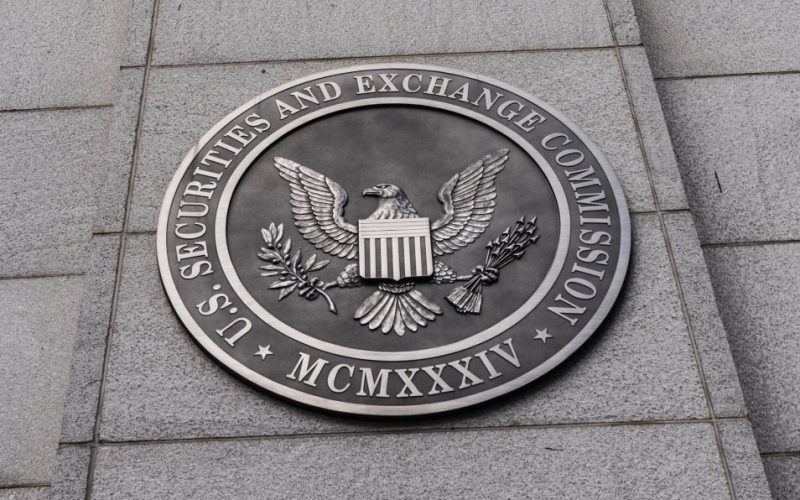Wall Street’s top regulator has voiced sharp criticism of two recent European Union laws on corporate sustainability disclosures, highlighting the divergence in transatlantic financial regulation since the Trump administration took office.
Speaking in Paris at an event hosted by the Organisation for Economic Co-operation and Development, Paul Atkins, chair of the U.S. Securities and Exchange Commission, argued that the EU rules risk burdening American businesses and ultimately investors.
“I have significant concerns with the prescriptive nature of these laws and their burdens on U.S. companies, the costs of which are potentially passed on to American investors and customers,” Atkins said, according to prepared remarks. While he acknowledged recent amendments designed to ease compliance, he insisted further reforms were needed, urging European authorities to prioritise “cutting firms’ reporting obligations rather than pursuing ends that are unrelated to the economic success of companies or their shareholders.”
The first of the measures, the Corporate Sustainability Due Diligence Directive, was passed last year and obliges large companies to ensure their supply chains are free from forced labour and environmental harm. The law was significantly diluted to win the backing of some member states. Separately, the European Commission in February proposed scaling back elements of the bloc’s Corporate Sustainability Reporting Directive, which requires firms to disclose environmental and social impacts to investors and consumers.
Atkins’ intervention underscores a growing regulatory divide, with Europe moving towards mandatory sustainability disclosure frameworks while U.S. regulators remain more cautious, wary of costs and implications for free enterprise.





















